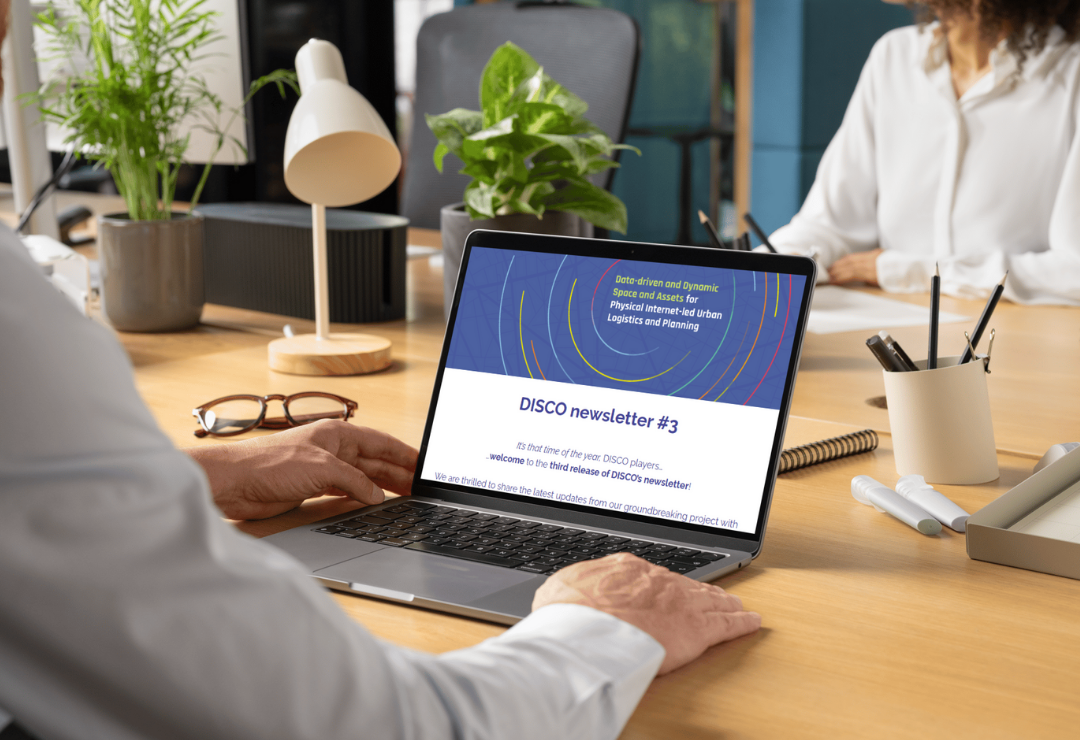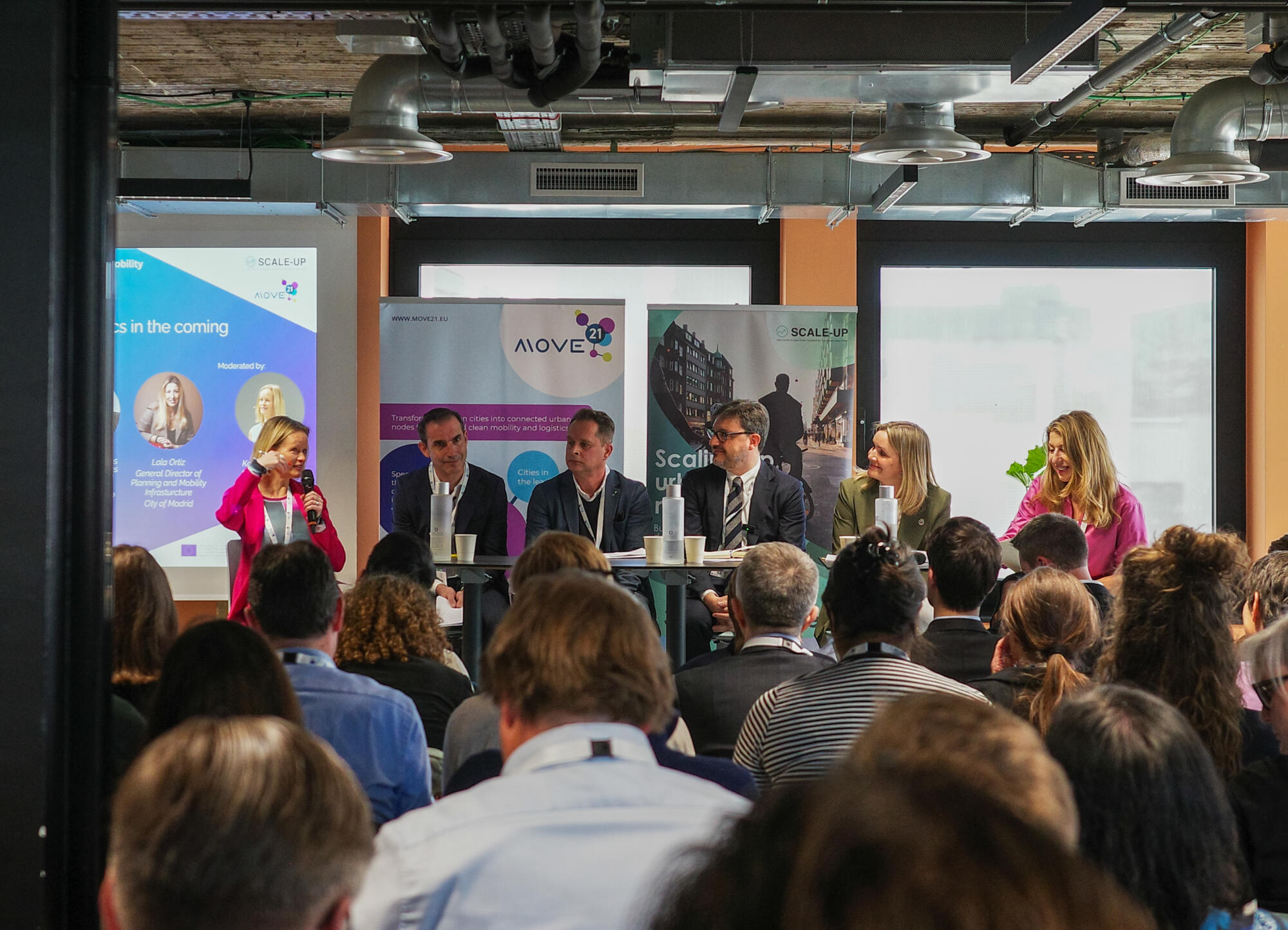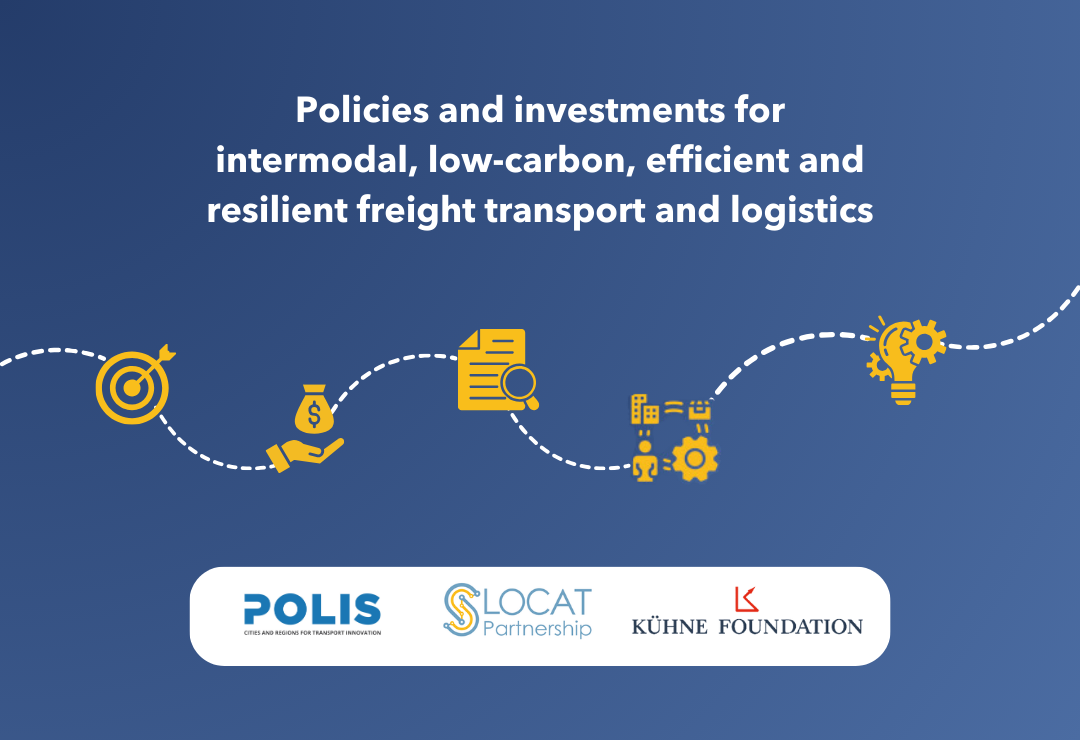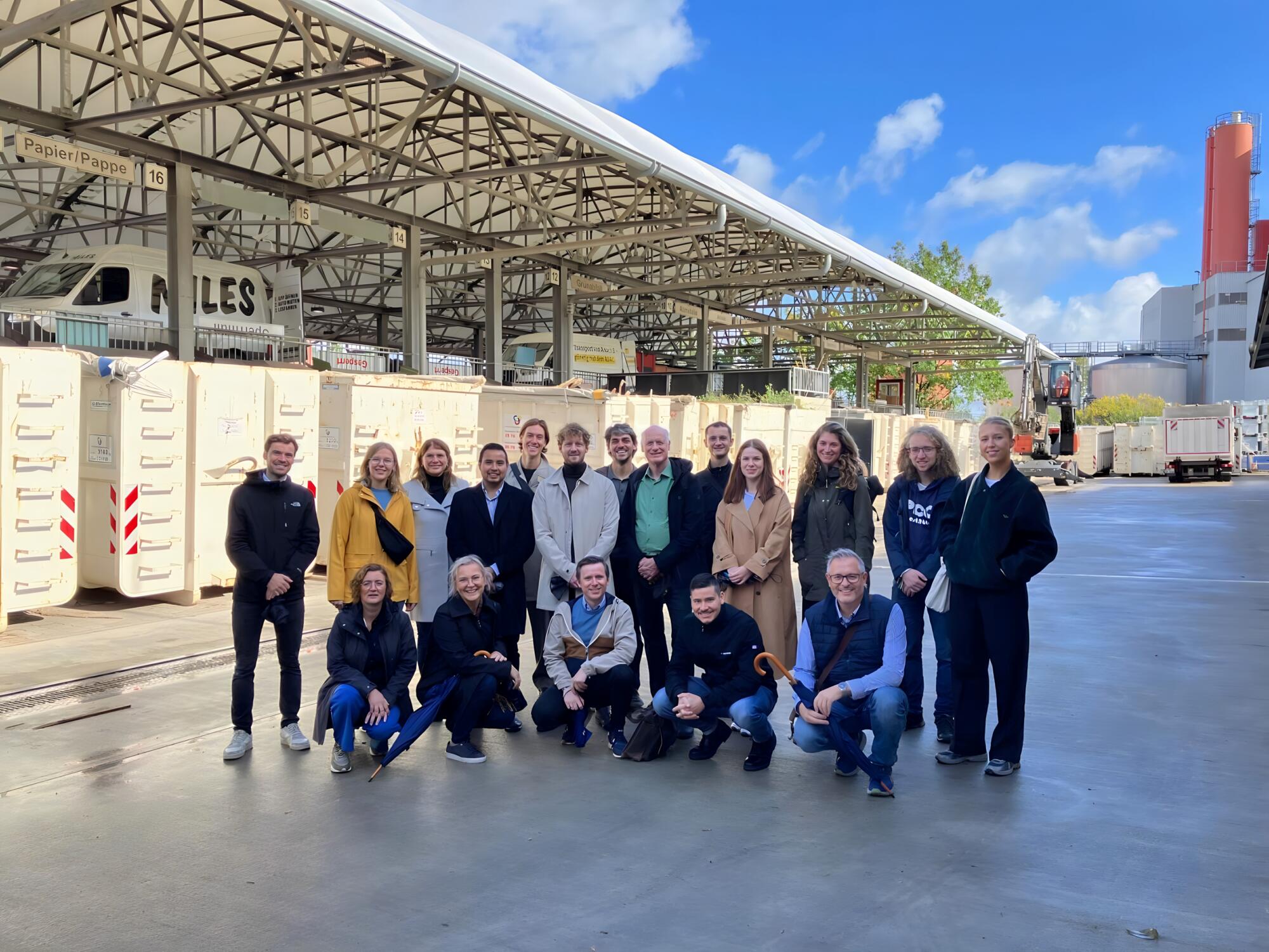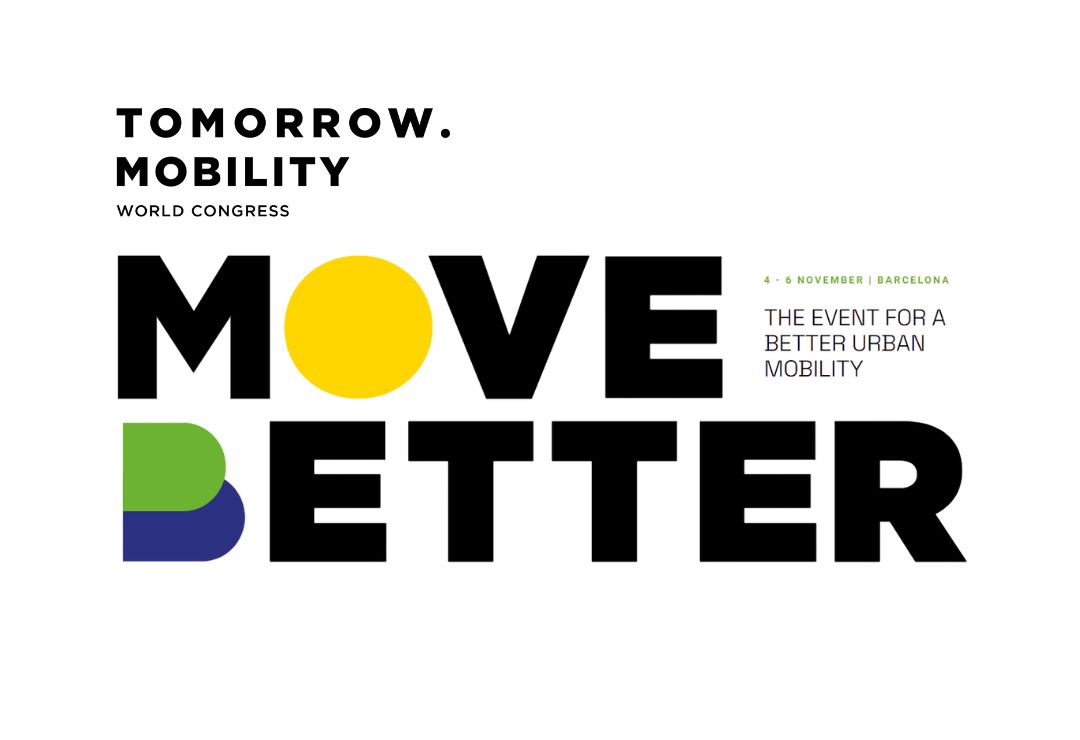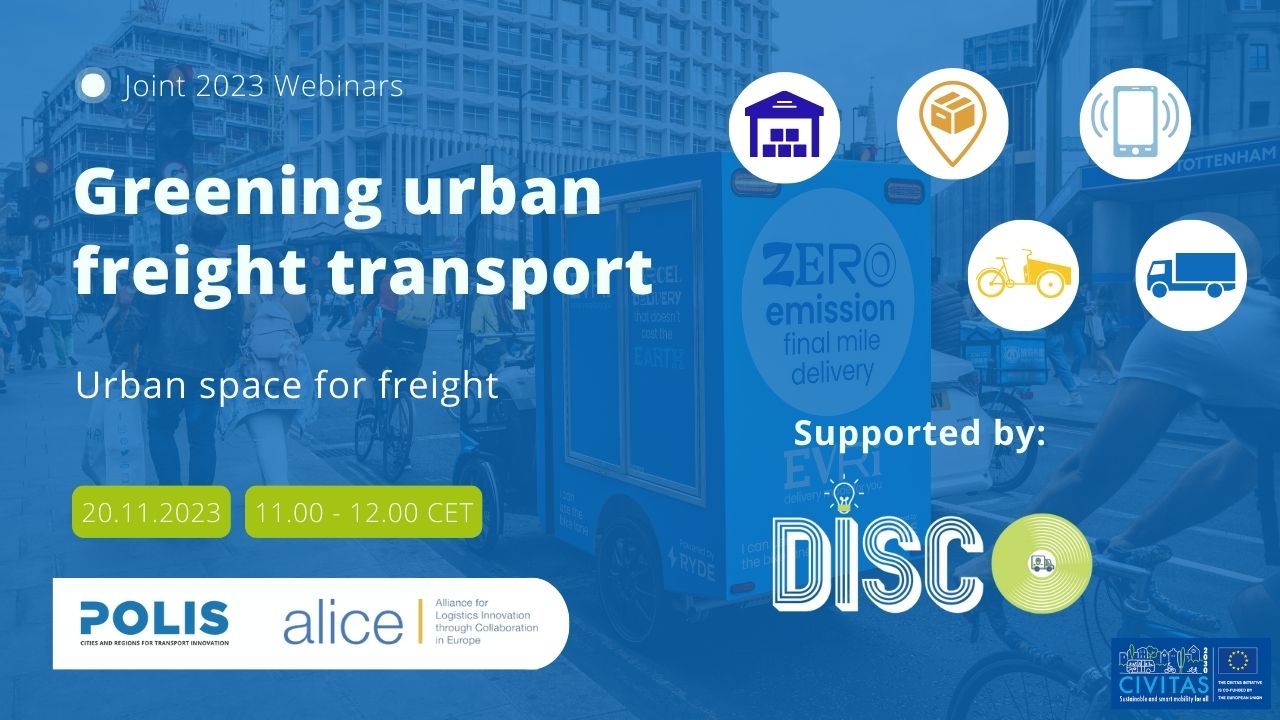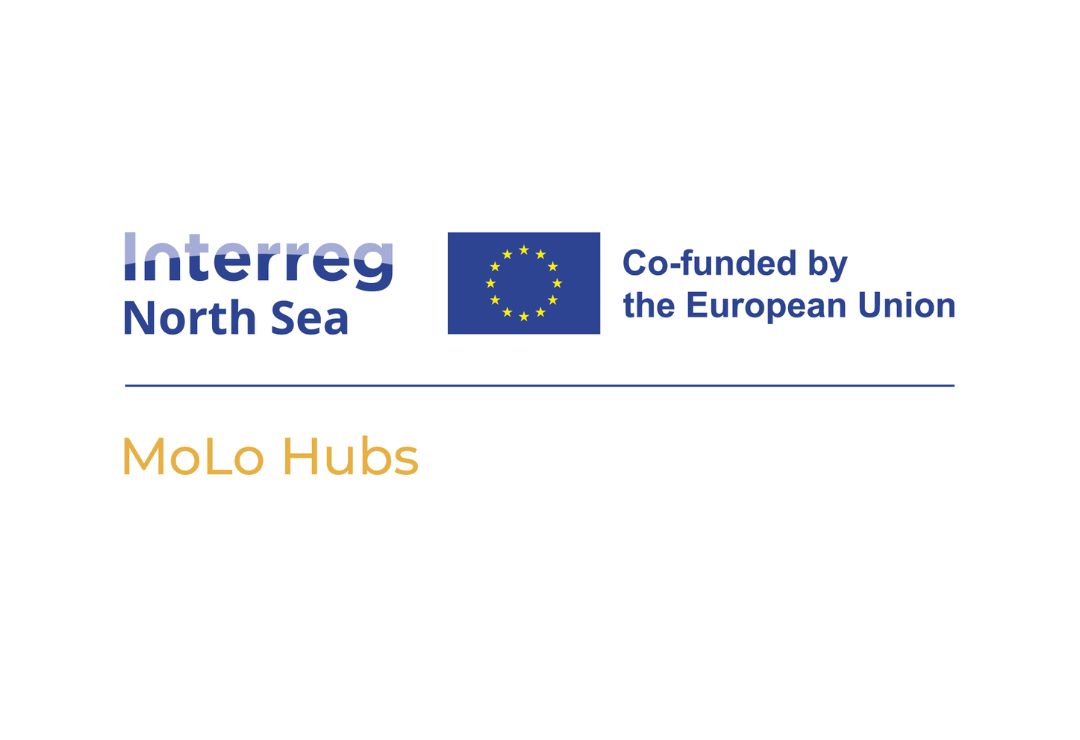Hubs for logistics
Hubs for urban logistics are essential for consolidating and reducing the traffic impact of last-mile deliveries. They are strategically located facilities within urban and metropolitan areas that serve as crucial points for the consolidation, distribution and management of freight including reverse logistics (ITF, 2024).
Strategically positioned near key infrastructure, such as highways, rail terminals, or ports, these hubs act as central nodes that facilitate the movement of goods between manufacturers, retailers, and end consumers. They are ranging in size and activities from small-scale residential lobbies providing temporary storage to larger distribution or collection facilities.
In urban areas they can facilitate the use of zero-emission transport services and they can also play a role in reducing CO2 emissions. Hubs for urban logistics are designed to maximise capacity while minimising land use - including using high-rise or underground buildings – and to go beyond mere transhipment of goods by offering multiple services.
Mixed-use developments, where logistics spaces are combined with commercial or recreational services, and temporary hubs are also viable solutions (e.g. mobility hotels). They can provide additional facilities such as electric vehicle charging, rest areas for workers, and commercial spaces for rent.
POLIS involvement
POLIS is partner in two ongoing EU-funded projects focusing on logistics hubs, MoLo Hubs and MOVE21.
MoLo Hubs, an EU-funded project (Interreg North Sea Programme) which aims to think logistics services and (shared) mobility hubs together in five European cities, including POLIS members Aalborg, Amsterdam, Borås, and Mechelen.
In Aalborg, parcel lockers that can be used for distribution (e.g. parcel delivery) as well as waste
management and recycling (etc. packaging material, old batteries) in close proximity of users are being tested. In Amsterdam the focus is on well-equipped hubs that guide service technicians toward more sustainable and more efficient travel behavior with light electric vehicles. Mechelen is already implementing “Hoppin-points” (mobility hubs) serving as backbone for the transition to sustainable urban mobility, and investing to build a dense network of pick-up locations for emission-free deliveries. Borås aims to test different use cases of logistics services at mobility hubs, based on findings coming from the other pilot areas.
POLIS is leading the work package on Smart Policy & Legacy, which aims to leave a lasting impact on Europe's urban logistics landscape by coordinating the implementation of pilot projects in 5 cities, fostering supportive policy changes, and inspiring non-partner cities and regions in Europe to test and replicate solutions.
MOVE21 is an EU-funded project (Horizon 2020 Programme) focused on developing multimodal hubs that integrate passenger and freight transport to create smarter, greener, and more efficient urban mobility systems. Fourteen different types of mobility hubs and associated innovations are tested in six European cities, among which POLIS members Gothenburg, Bologna, Rome. The aim is to accelerate the deployment of clean and smart urban mobility solutions to improve the quality of life in European cities.
In Gothenburg, the Klippan/Jaegerdorff area is being used as a test area to promote multimodal transport and reduce car use. The Swedish city is also developing a mobility hotel consisting of solutions to reduce motorised traffic and promote sustainable urban mobility in the Nordstan area. In Bologna, the pilot tested a B2B hub-based approach based on consolidation and transhipment of parcels from conventional vans to last-mile delivery electric vehicle in three micro-hubs located nearby itsLimited Traffic Zone (ZTL). In Rome, as the rules to access the inner city LimitedTraffic Zone (ZTL) are being renegotiated, the feasibility of a new Zero Emission Zone for freight (ZEZ-f) where goods will be distributed mainly by cargo bikes and electric vehicles is under evaluation.


